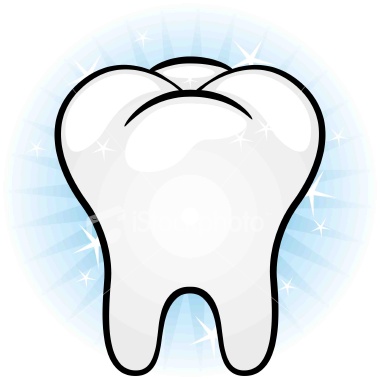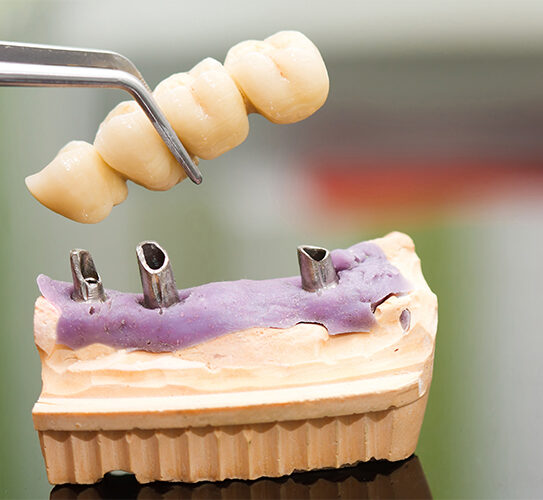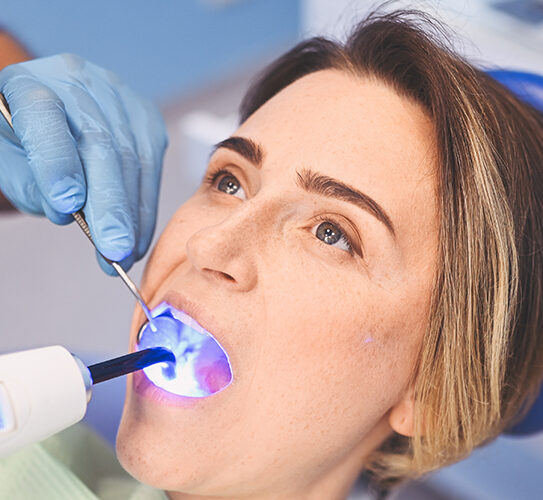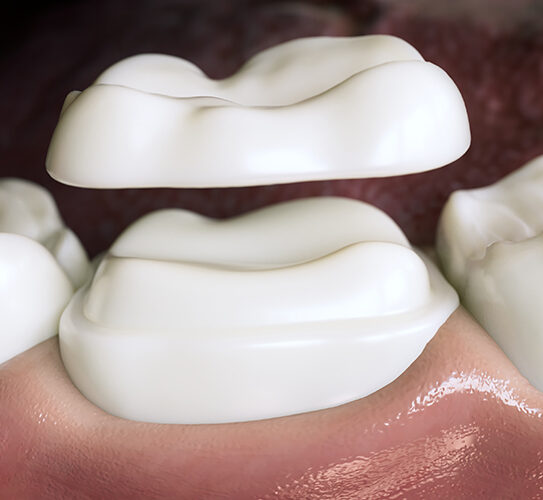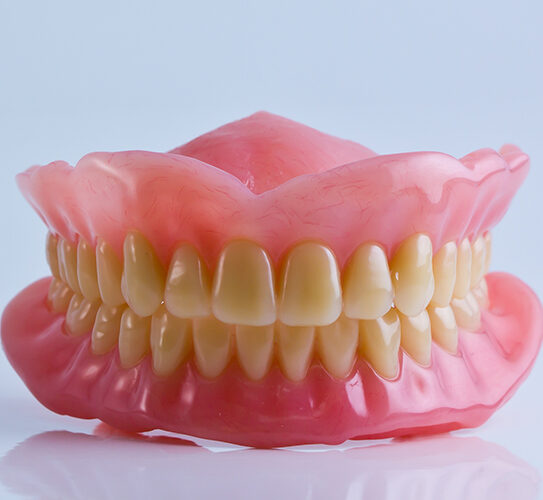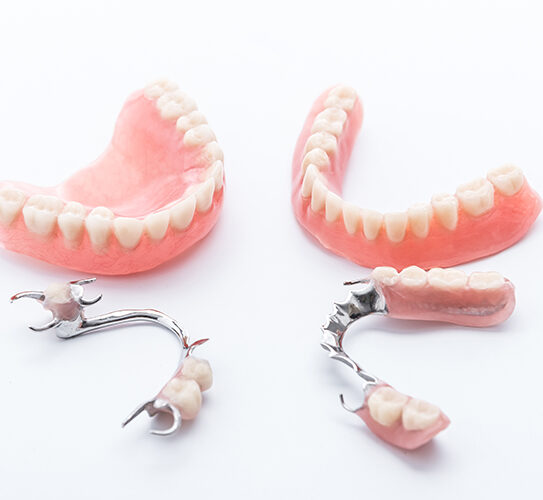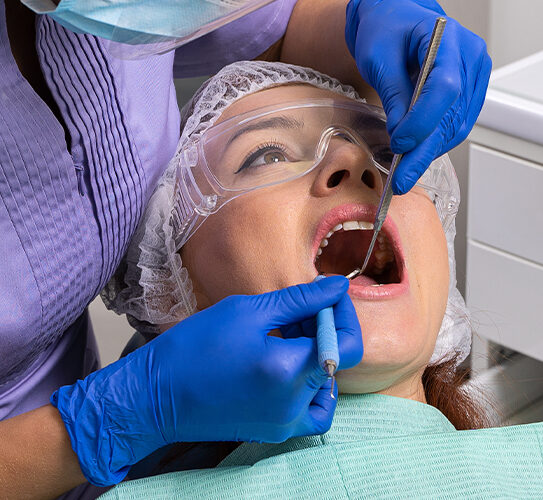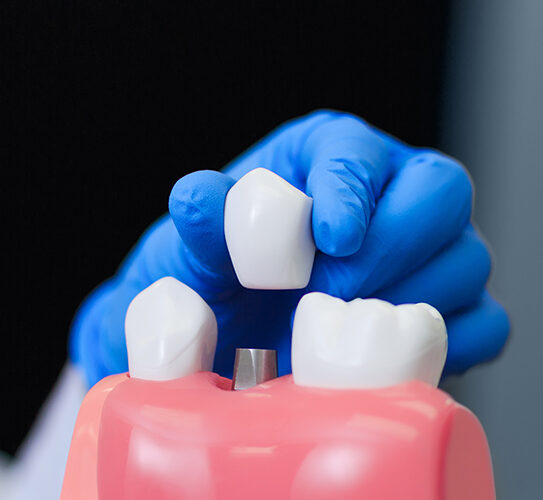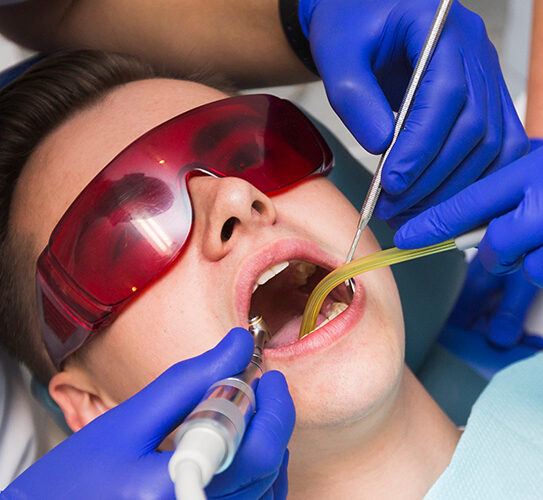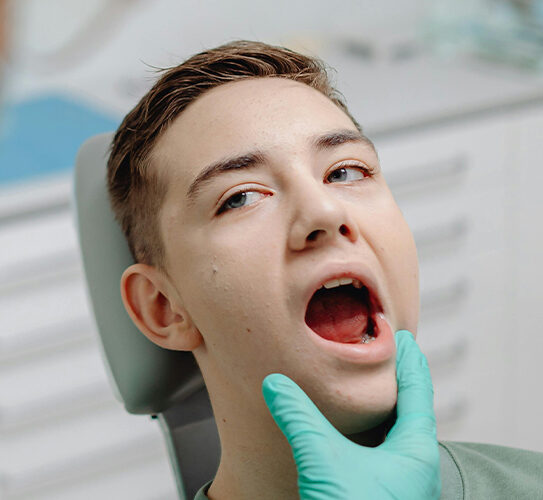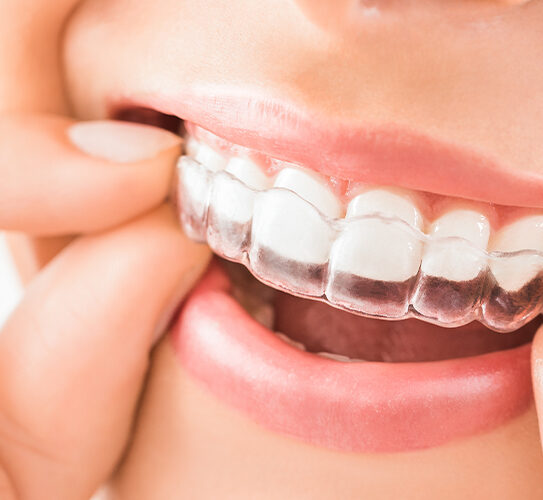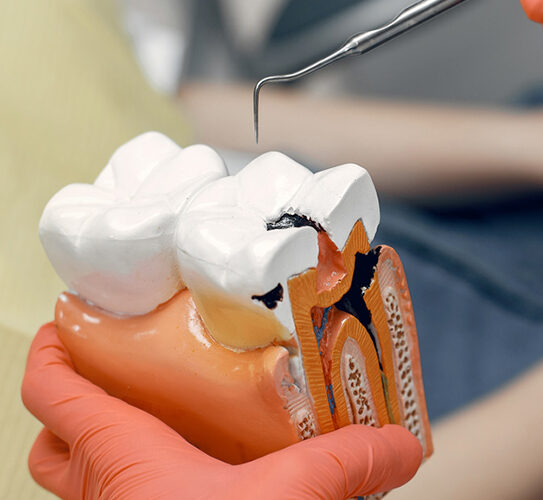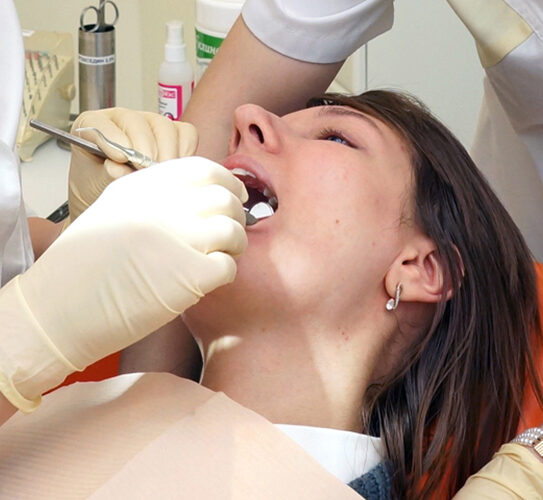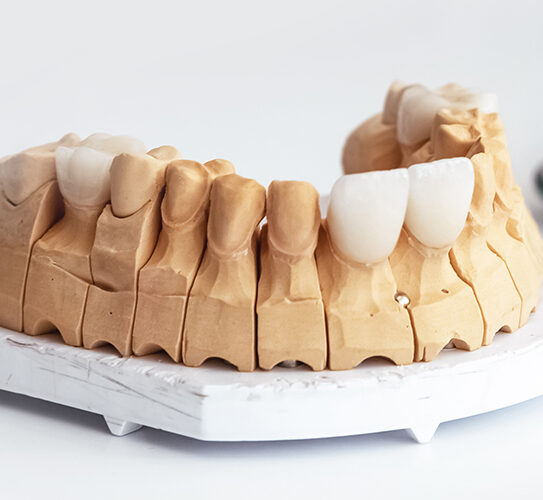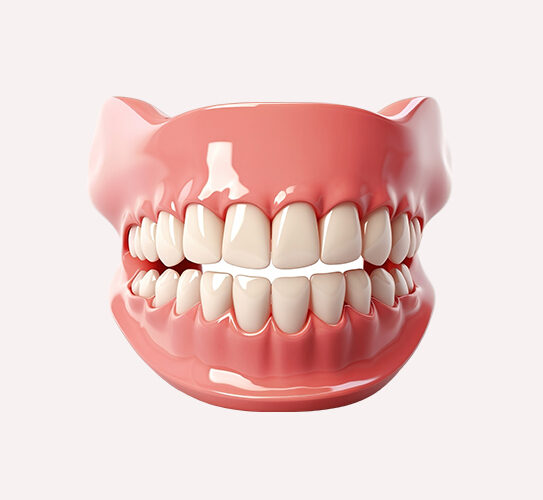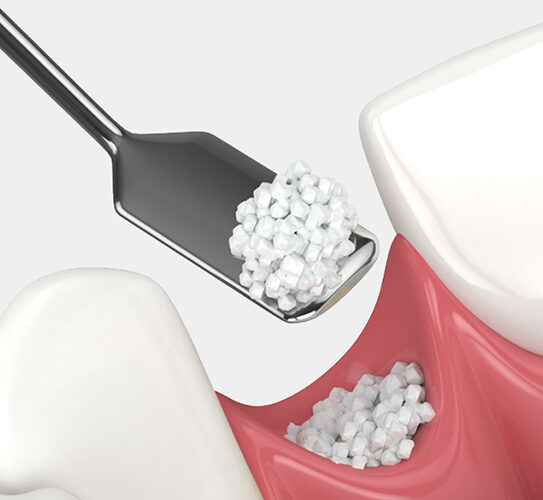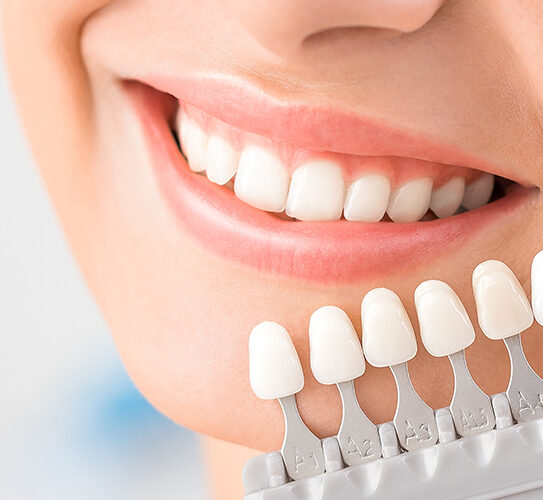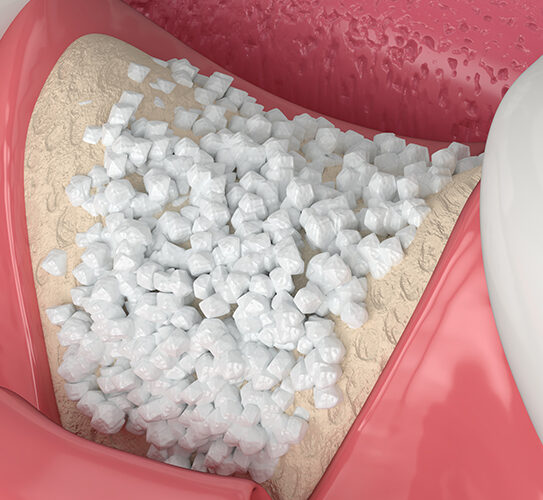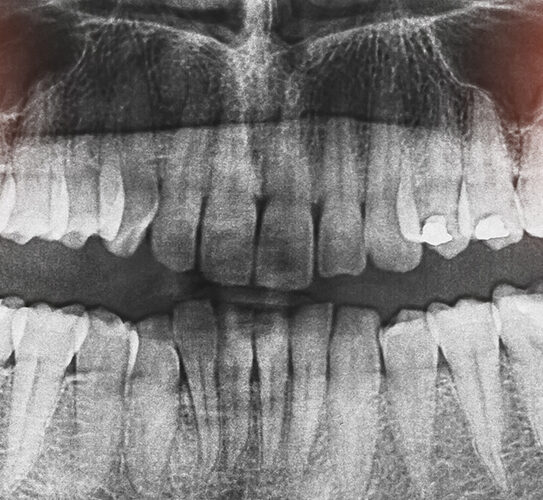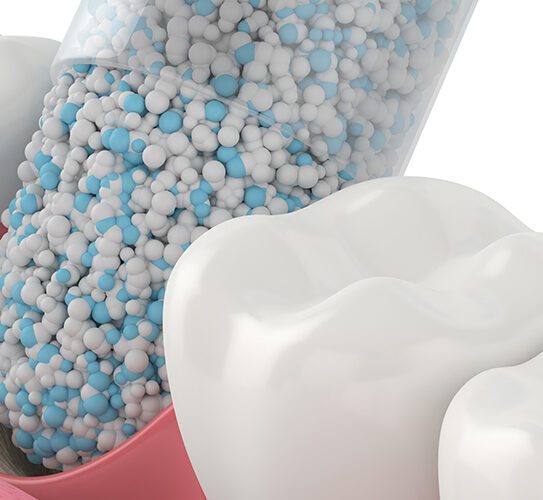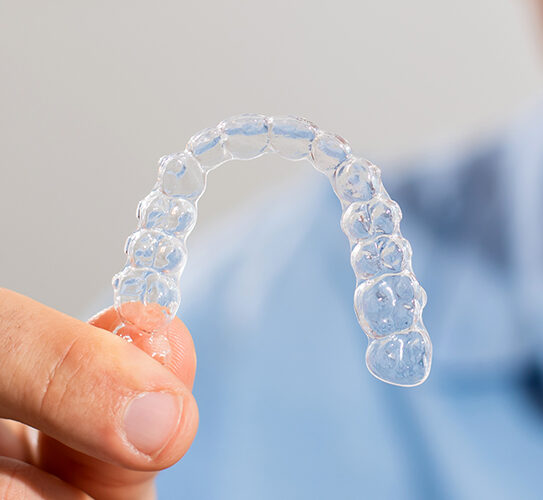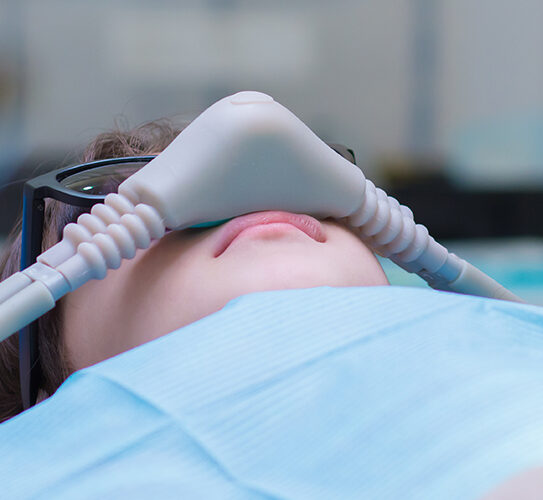TMD Treatment Sugar Land, TX
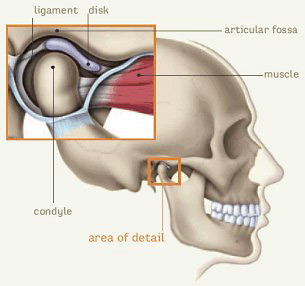
TMJ, or temporomandibular joint, serves as the link between the mandible (lower jaw) and the temporal bone in the skull. This joint is responsible for various jaw functions, including chewing. When experiencing pain in the chewing muscles or the joint itself, it may indicate temporomandibular disorder, or TMD. TMD can be caused by factors such as stress, persistent clenching of the jaw muscles, or teeth grinding.
Discomfort when opening or closing the mouth is among the symptoms associated with TMD.
- Difficulty with chewing.
- Experiencing headaches or ear pain.
- Teeth grinding.
- Jaw getting stuck in an open or closed position.
- Hearing clicking or popping sounds when opening your mouth.
Many of these symptoms may be linked to other health issues, it is important to seek advice from a medical professional to establish their association with TMD. One troublesome symptom is teeth grinding, known as bruxism, which can lead to additional complications. Long-term bruxism can cause enamel erosion, exposing the softer dentin beneath, making it more susceptible to decay. Heightened sensitivity to cold and hot foods or drinks can also be a consequence of excessive teeth grinding.
If you suspect you have TMD, it is advisable to schedule a consultation for an accurate diagnosis and symptom relief. Short-term relief for pain symptoms can be achieved through pain relievers and hot/cold compresses. For preventing or minimizing the effects of nighttime teeth grinding, a night guard can be used as an interim measure, potentially leading to a more permanent solution. In most cases, behavioral treatments to alter jaw muscle usage are sufficient to provide relief, though in severe instances, surgery may be necessary.
